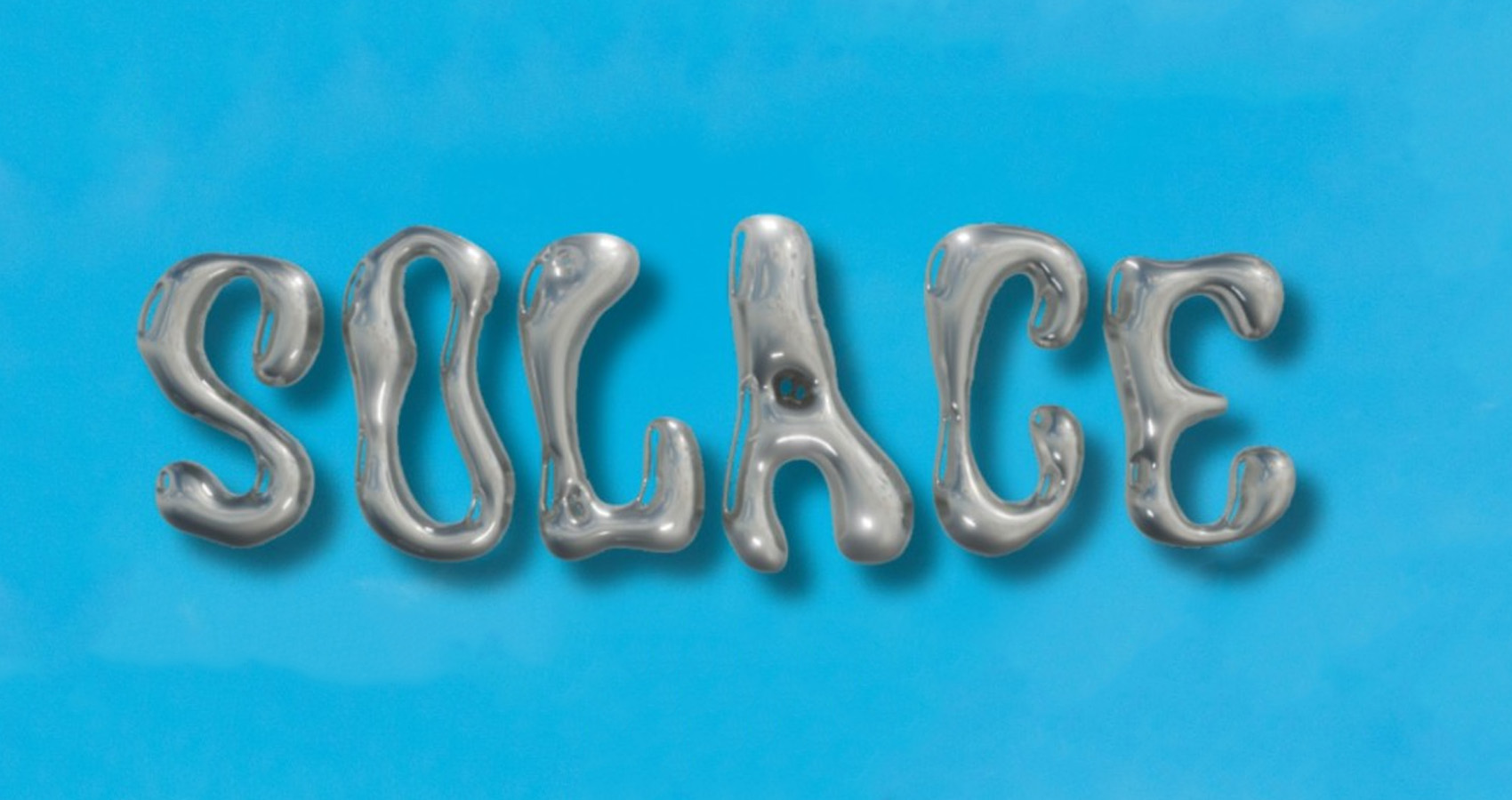
Meet Chimene Mantori, the Female Founder Turning Music Creators Into Media Powerhouses
Solace Talent’s CEO on success, music curation, and empowering women in the industry.
With over a decade of experience in the music industry, Chimene Mantori is at the forefront of a fearless new movement, redefining the future of music discovery. The founder and CEO of Solace Talent not only navigates the intersection of music, digital culture, and the creator industry, but also paves the way for creators to build careers that go beyond the algorithm. As a result, Mantori is mentoring a new generation of music curators, playlist tastemakers, and artists, while also empowering them to transform cultural influence into creative and commercial freedom.
Ahead, Fizzy Magazine talks with the founder and CEO of Solace Talent to discuss everything from empowering women and underrepresented voices in music to building careers that transcend algorithms.
Chimene, can you tell me a bit about your background before launching Solace? Has music always been part of yourself?
Absolutely — music has been a core part of who I am for as long as I can remember. Before founding Solace, I spent 13 years working in the music industry, starting in marketing at major labels and then moving into publishing as an A&R at companies like Sony and Universal, as well as being a songwriter and producer manager. Even as a kid, music was everything to me. I played multiple instruments, was obsessed with discovering new artists before anyone else, and spent all my spare time either playing music, listening to it, or discussing it with friends. Music video channels were pretty much the soundtrack of my life growing up.
What was the *aha* moment that led you to the founding of Solace Talent?
Solace went through a few early iterations before becoming what it is today, but the spark really came from my own behaviour — I realised I was discovering and listening to music based on the recommendations of content creators I followed. That shift made me step back and think: these creators were clearly influencing music culture in a major way.
I’d briefly worked in music influencer marketing and saw firsthand the impact these creators had on people’s listening habits through our collaborations. I was genuinely inspired by them - their passion, their voice, their reach — and it struck me how many didn’t have management or the right kind of support to grow their businesses sustainably.
At the time, music managers didn’t quite understand the influencer space, and influencer managers didn’t really get the music world. I found myself right at the intersection of both, which made me realise I was in a unique position to help bridge that gap. That was the moment Solace really started to take shape.
With Solace, you’re connecting music, media, and talent. How do you define Solace Talent’s mission in one sentence?
Solace Talent exists to support creators who influence music culture, helping them grow sustainable businesses and make a meaningful impact on the industry.
How do you choose the creators who can move culture?
It’s a mix of instinct and intention. I look for creators who aren’t just chasing trends, but shaping conversations and creating community. People with a clear point of view, a genuine connection to music, and an engaged community that trusts their taste. It’s less about follower count and more about cultural resonance: are they introducing people to new sounds, challenging norms, or influencing what others are paying attention to? I’m drawn to those who treat their platform like a creative space, not just a content feed, because that’s where real cultural impact starts.

Can you share a creator success story that embodies your mission with Solace?
My first ever client under Solace was Annabelle Kline, and she really embodies everything Solace stands for. When we started working together, she was already a key voice in music journalism. She was putting on community-driven events, interviewing her favourite artists, and spending her spare time learning how to DJ — all with huge ambition and a strong sense of purpose. She had already done a few brand collaborations, but her potential was much bigger.
Since then, her trajectory has been incredible. She was the DJ opener for the entire US tour for Teezo Touchdown last year, opened for Doechii at her New York show, and played at SXSW’s Rolling Stone Future of Music showcase. She’s hosted the onsite live stream for Rolling Loud in both Miami and Los Angeles, and she’s become a staple in the New York music scene, not just as a DJ, but as a tastemaker and event organizer.
What’s been especially rewarding is seeing her stay true to her mission of championing emerging artists, while also earning the chance to interview major names like Doechii, Raye, and Victoria Monét. On the brand side, she’s designed her own shoe with Converse and has gone on to collaborate with The North Face, Adidas, JBL, Dove, and many more.
The goal was always to expand all verticals of her business whilst always staying true to her purpose, and we’re well on the way to doing that.
In your view, how has the definition of ‘talent’ evolved in the digital age? And the definition of ‘influence’?
In the digital age, I think the definition of talent has evolved — it isn’t just about traditional skills like singing, dancing, or acting. It's about the ability to tell a story, build a community, and create cultural relevance. A music creator’s talent might be in curating taste, starting conversations, or introducing new artists and ideas in ways that resonate. It's broader, more dynamic, and often self-taught.
Similarly, influence has shifted from reach to impact. It’s not just about how many followers you have, but how deeply you connect with them. Can you move people to listen to a song, attend an event, discover an artist, or change the way they think about something? That’s real influence — and it often comes from authenticity, not just visibility and numbers.
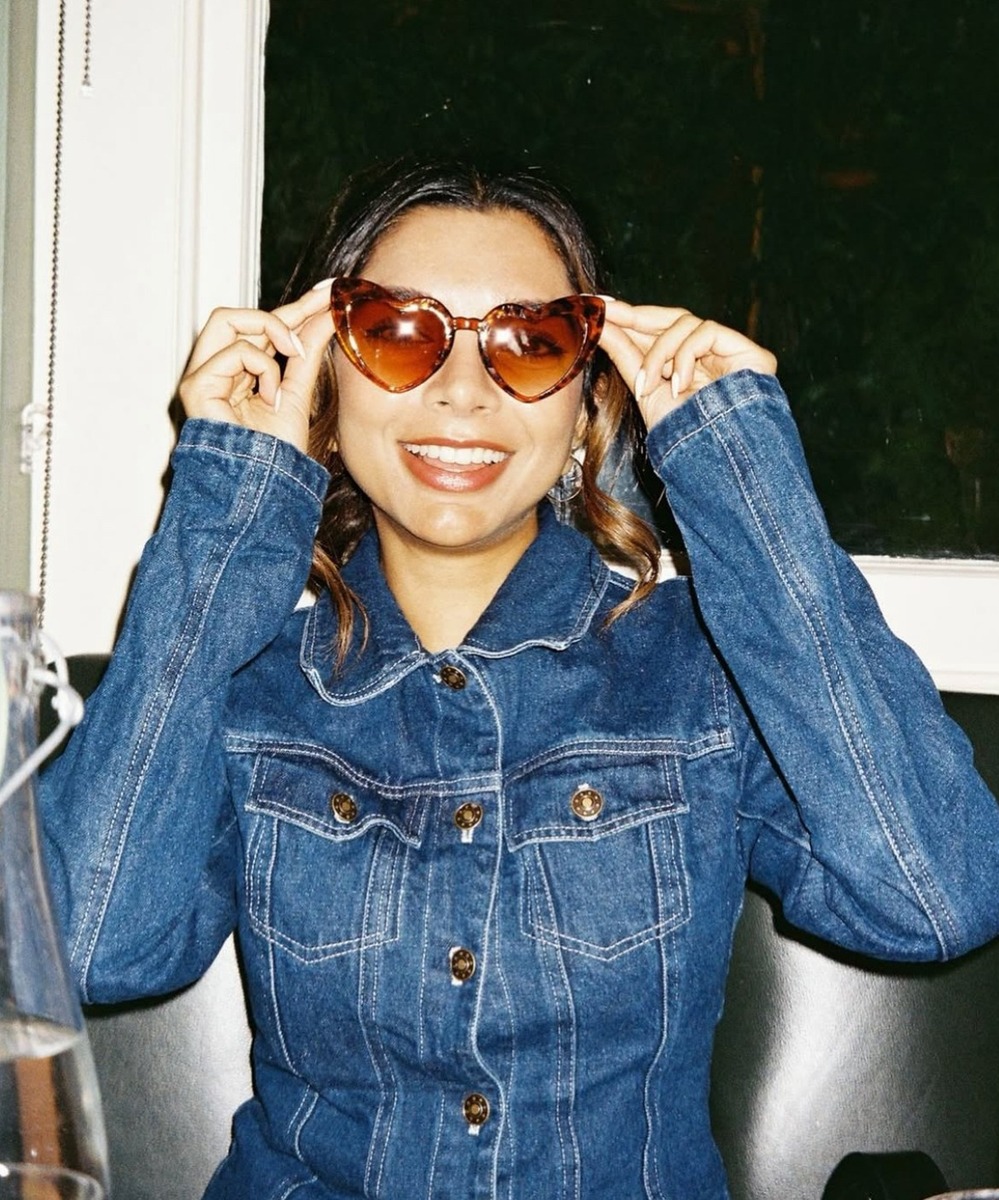
Is virality the new measure of success? Or is there still room for artists to develop slowly in a world obsessed with discovery?
Virality is definitely one measure of success, but it’s not the most important factor when it comes to building a sustainable, long-term career. A viral moment can be life-changing and open a lot of doors, but without a solid foundation — real artistry and a genuine fanbase - it often fades just as quickly as it came.
I believe true artist development should always be the priority. Creating music with intention, building a loyal community, and evolving over time is what leads to lasting impact. When artists chase virality for its own sake, they risk losing their integrity and sense of purpose. There’s still incredible value in slow, steady growth — the artists who focus on that are often the ones who endure.
There’s a lot of pressure right now for artists to engineer that “blow up” moment, but that pressure can be creatively paralysing. Not every song or project needs to be optimised for an algorithm - some of the most influential artists took years to find their sound and their audience.
Building a real fanbase — people who will come to your shows, stream your albums year after year, and grow with you is far more powerful than chasing temporary visibility. You want true fans who sustain a career, rather than fleeting listeners of a viral ‘sound.’
That said, if an artist does get a viral moment, it can absolutely act as a catalyst — but it works best when it builds on something already meaningful. Virality shouldn’t be the goal — it should be a bonus on top of strong artistry and connection.
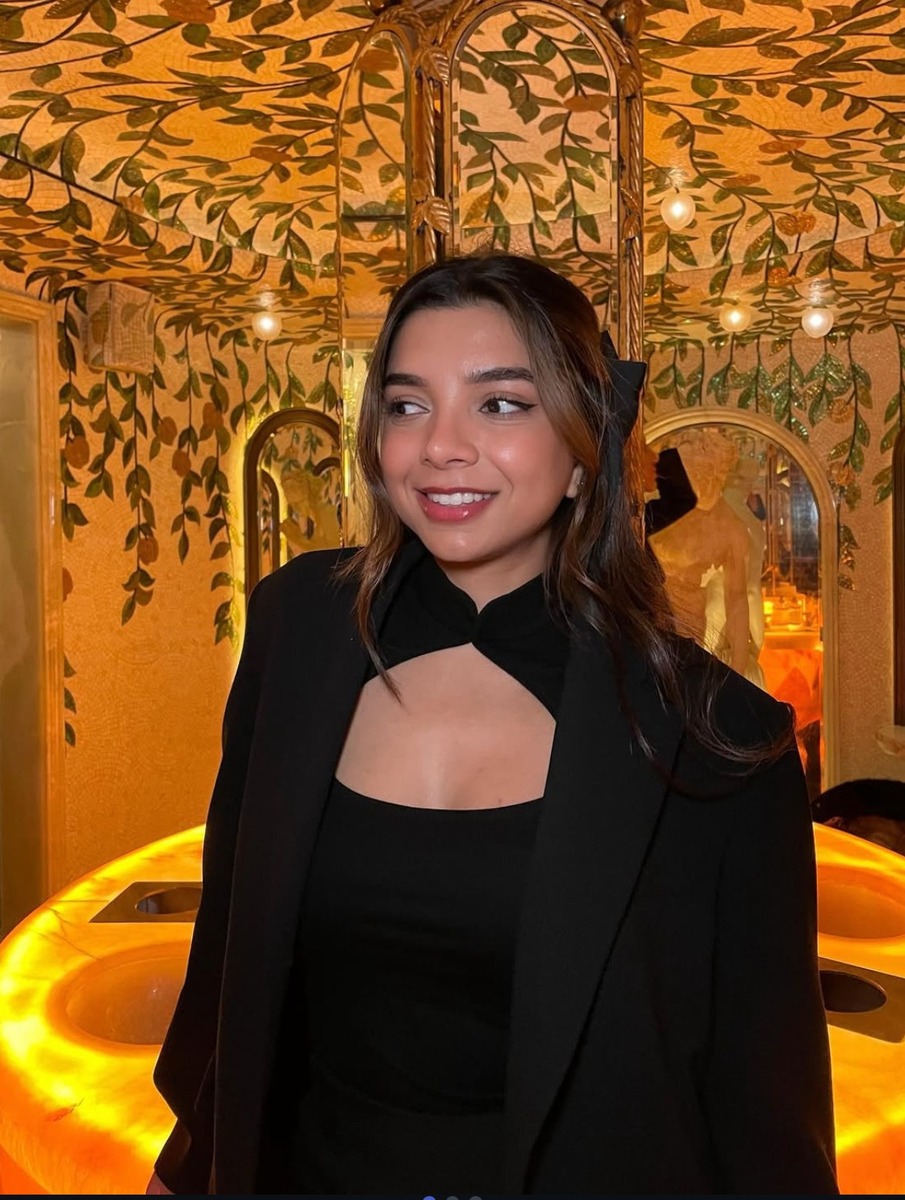
How can emerging artists and creators break through when the algorithm favors the mainstream without compromising their artistry?
It’s definitely a tough landscape because algorithms tend to reward what’s already popular or fits certain trends. But breaking through without compromising artistry comes down to authenticity and connection. The most successful creators tell their unique stories and build genuine communities around their work, people who truly value their distinct voice and support them for the long term.
I believe artists just need to be themselves on social media, rather than trying to be influencers or chasing trends that don’t feel authentic. Social media is a powerful tool to connect deeply with an audience by offering a genuine peek behind the curtain — sharing their personality, creative process, and everyday life. That kind of realness builds loyalty and resonates far more than any algorithm hack.
Rather than trying to “game” the system, emerging artists should focus on creating content that truly represents who they are and what they believe in. Authenticity may take time to find the right audience, but it’s the foundation for lasting impact and success.
What are music curators, and why are they having a big moment?
Music curators are tastemakers who discover, select, and share music with their communities—whether through playlists, social media, radio shows, or live events. They’re the people helping listeners navigate an overwhelming amount of music by highlighting what’s fresh, exciting, and worth attention.
They’re having a big moment because today’s music landscape is so vast and fragmented that audiences rely heavily on trusted voices to cut through the noise. Curators create a sense of discovery and connection, helping new artists break through while guiding fans to music that truly resonates with them. In a world of endless choice, their role as cultural gatekeepers and connectors has become more valuable than ever.
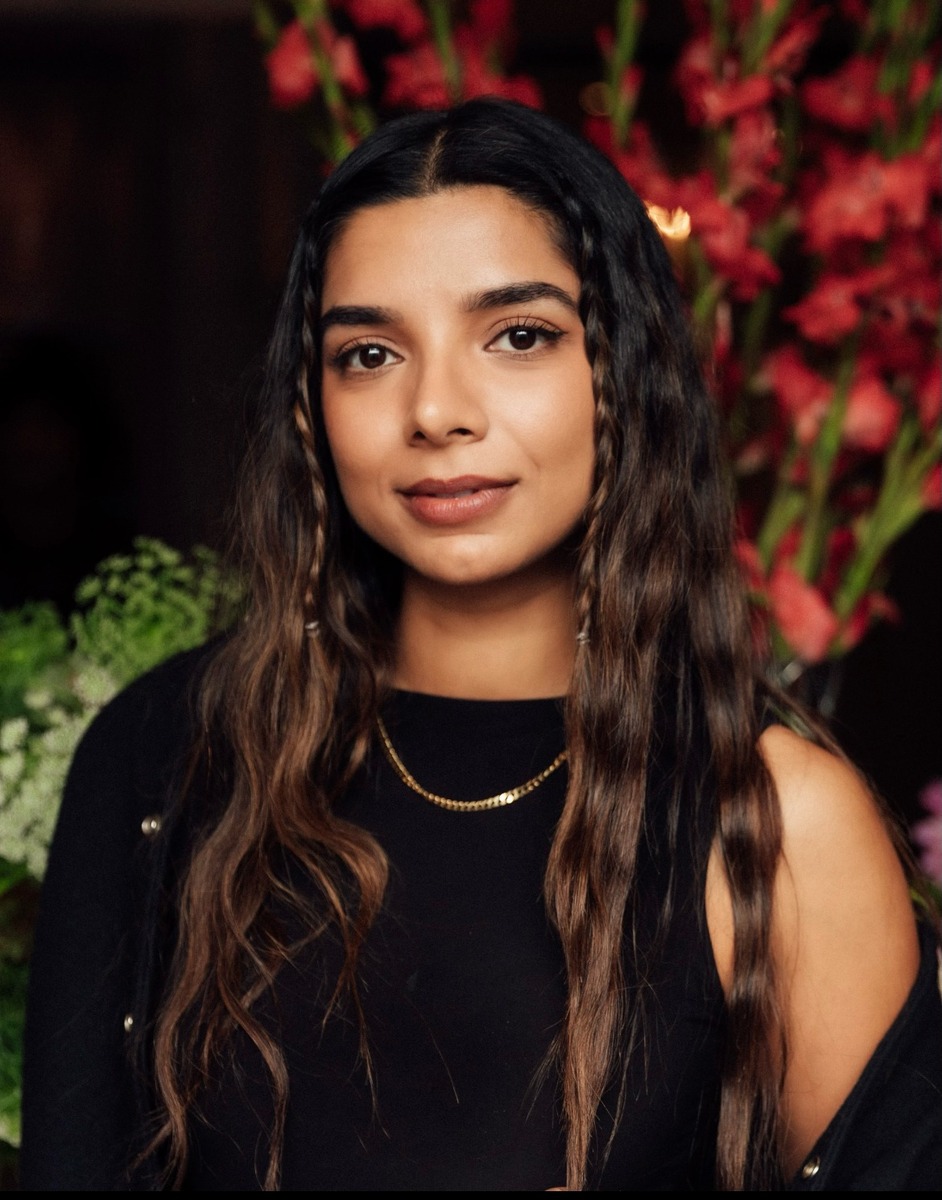
What do you say to artists or curators who are hesitant about venturing into the industry?
I completely understand the hesitation — this industry can feel overwhelming, oversaturated and intimidating. But my advice is to lean into your passion and your unique voice. The music world needs authenticity and fresh perspectives now more than ever. Don’t be afraid to start small, build genuine relationships, and focus on what makes your art or curation special.
Success doesn’t happen overnight. It’s a journey that takes patience, resilience, and staying true to yourself. If you’re passionate and persistent, there’s definitely space for you to carve out your own meaningful place in the industry.
Do you think the music industry is finally ready for more women at the top?
I don’t think there are nearly enough women in senior leadership roles across the music business. It’s slightly better in the US, but here in the UK, where I’m primarily based, female representation at the top is still limited. I do feel like the industry is starting to shift, but if I’m honest, from my own experiences, I think it's still difficult to command the same respect a male counterpart would have, and the upper echelons of the music industry still feel very much like a boys’ club.
There’s definitely still work to do, but I’m hopeful. I look forward to seeing more progress as the next generation of female music executives rise through the ranks and hopefully get more opportunities to reshape the industry for the better.
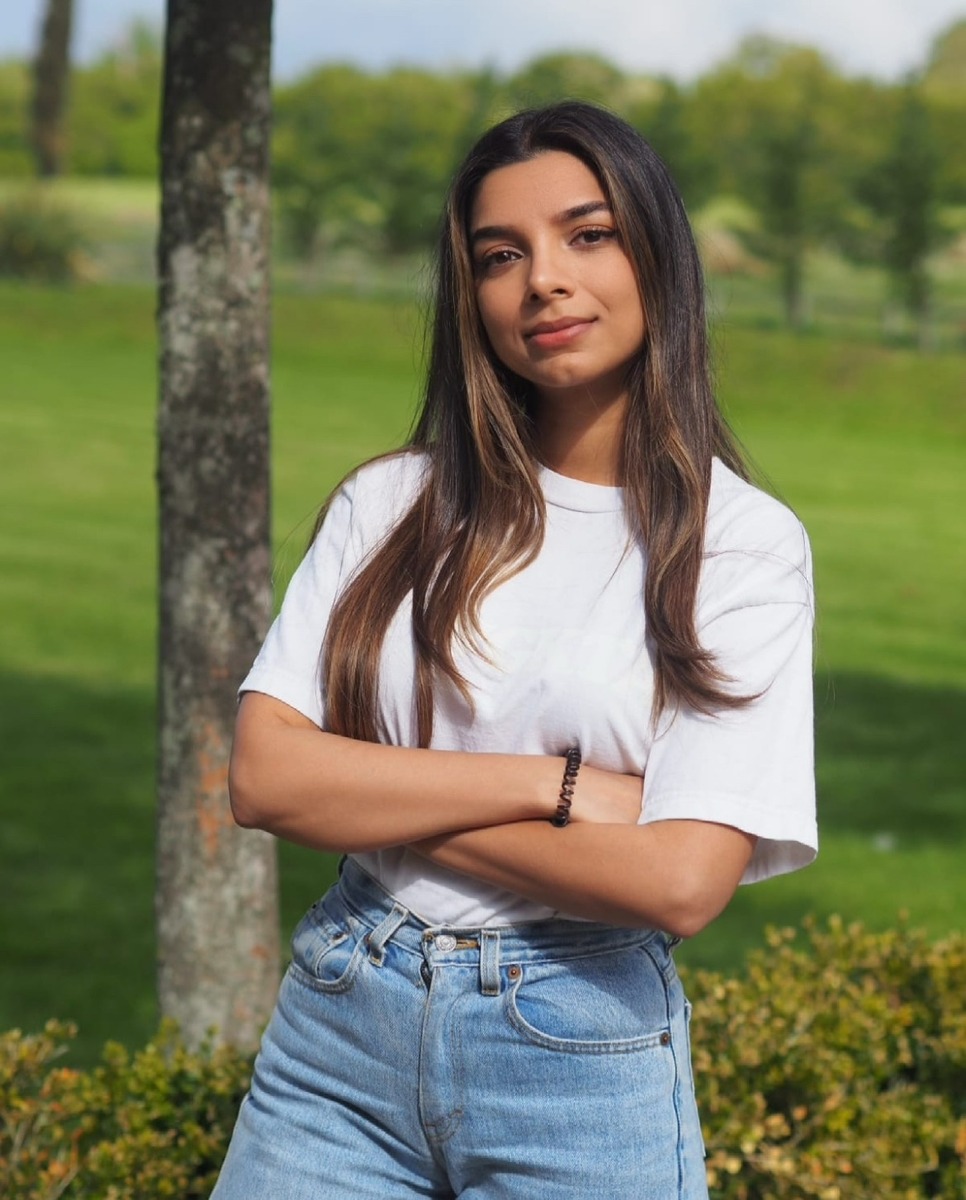
Where do you see Solace — and yourself — in five years?
In five years, I see Solace continuing to expand our clients’ businesses and footprints, working closely with them to bring their visions and goals to life — whether that’s through hosting, presenting, creating YouTube shows, or exploring new opportunities. I’m passionate about helping my creators grow in every direction they want to go.
I’m also working on a couple of exciting projects that I believe could be real game changers for the music industry. I can’t share too much just yet, but there’s definitely more to come soon. Overall, my goal is to keep evolving alongside the artists we support and continue pushing boundaries in how music and culture connect.
What advice would you give to the next wave of female founders dreaming up something radical?
You need to be absolutely delusional — in the best way — and laser-focused on your mission. It’s likely to be a tough road, filled with challenges, setbacks, and constant reiterations. Resilience is absolutely key. Keep going, because if you have a great idea, you believe in it, you will get there eventually.
So many people questioned my vision or suggested I should just get a “real job.” But I knew deep down I was right, so I continued with an unwavering confidence and in the end, it all paid off. Trust yourself, stay relentless, but also be humble and aware enough to know when things aren’t working, as the vision sometimes needs to shift to find the right path.











